
Older, generic medications, including ones for cyclosporine, nicotinamide, and dapsone, can effectively treat patients with various dermatological conditions while helping to reduce insurance and cost barriers.

Older, generic medications, including ones for cyclosporine, nicotinamide, and dapsone, can effectively treat patients with various dermatological conditions while helping to reduce insurance and cost barriers.
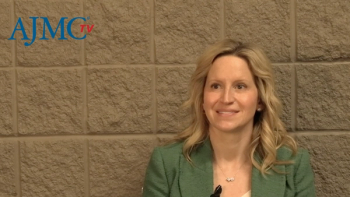
Brittany Craiglow, MD, FAAD, analyzed the promising use of baricitinib for severe pediatric alopecia areata. She highlighted late-breaking data from the BRAVE-AA-PEDS study (NCT05723198), emphasizing the balance between treatment efficacy and safety.
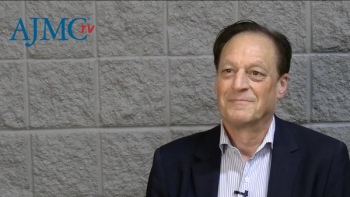
Lawrence Eichenfield, MD, FAAD, from Rady Children's Hospital and UC San Diego School of Medicine, highlighted the importance of shared decision-making in atopic dermatitis treatment, emphasizing personalized care based on patient history and the favorable long-term safety profile of topical ruxolitinib.

Two posters presented at the 2025 American Academy of Dermatology Annual Meeting reaffirmed the impact of ruxolitinib cream (Opzelura; Incyte) in atopic dermatitis (AD), while late-breaking research highlighted its potential efficacy in prurigo nodularis (PN).

Artificial intelligence (AI) helps a Sarasota, Florida, health system catch lung nodules that appear on CT scans for patients treated for scores of conditions, allowing them to be referred for a possible lung cancer diagnosis.

Using artificial intelligence (AI) to help expedite processes for physicians can help them spend more face time with patients and stay up-to-date with the medical literature, says Douglas Flora, MD, FACCC.

Amid limited access to pediatric dermatologists nationwide, pediatric patients of color with atopic dermatitis (AD) are particularly affected by social determinants of health, further impacting their outcomes.
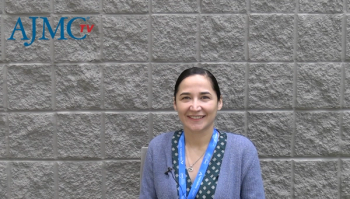
Rebecca Vasquez, MD, FAAD, University of Texas Southwestern Medical Center, emphasizes the necessity of addressing social determinants to improve dermatological care and access for underserved populations.

Martina Cartwright, PhD, RD, and Lawrence J. Green, MD, FAAD, both recommend the Mediterranean diet to reduce inflammation and manage some dermatological symptoms.

A discussion with the presidents of the Association of Cancer Care Centers (ACCC) and the American Society of Clinical Oncology took place at the ACCC 51st Annual Meeting & Cancer Center Business Summit.

Thy N. Huynh, MD, FAAD, Bruce A. Brod, MHCI, MD, FAAD, and Melissa Piliang, MD, FAAD, discussed expanding access to pediatric dermatology, dermatology data aggregation, and advocacy for Medicare physician payment reform, respectively.
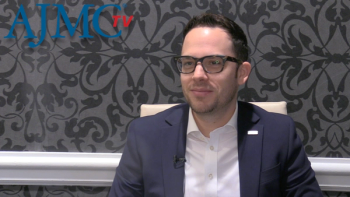
Jorge García, PharmD, MS, MBA, MHA, discusses key takeaways from ACCC Capitol Hill Day and innovative strategies in pharmacy optimization.

One of the hot topics at this year's Conference on Retroviruses and Opportunistic Infections will be long COVID: potential causes, biomarkers, and the significance of viral rebound.

Nick Webb tells attendees at the Association of Cancer Care Centers that consumer experience and workforce happiness will be keys to success in the future for health systems.

This year’s Conference on Retroviruses and Opportunistic Infections (CROI) features several sessions discussing prevention and treatment of viral infections like HIV and COVID-19.

Posters presented at the Association of Cancer Care Centers (ACCC) opening session covered initiatives to boost clinical trial diversity and address disparities in bladder cancer trials.

Advancements in ocular technology, teleretinal imaging, and low-vision aids, including artificial intelligence-powered smart glasses, were highlighted in research posters at the Southeastern Congress of Optometry 2025.

The 2025 American Academy of Dermatology (AAD) Annual Meeting introduces over 50 new sessions and debuts an opening ceremony, featuring a fireside chat with lifestyle expert and entrepreneur Martha Stewart.

Attendees and experts from the Southeastern Educational Congress of Optometry (SECO) 2025 meeting highlight research and sessions they will take away.
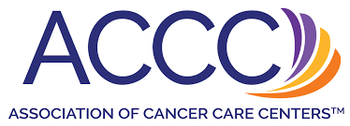
The Association of Cancer Care Centers has spent years working for greater diversity in clinical trials. ACCC members will bring concerns to Congress ahead of their annual business meeting in Washington, DC.

Seemal R Desai, MD, FAAD, president of the American Academy of Dermatology (AAD), emphasized his commitment to enhancing the upcoming 2025 annual meeting by introducing new events and expanding educational offerings to better serve and engage members.

Brianna Rhue, OD, FAAO, discusses the pitfalls of myopia treatment and accessibility of that treatment.

Effective communication, cultural competence, and patient advocacy are keys to overcoming language barriers in eye care, as highlighted in a presentation at the Southeastern Congress of Optometry 2025.

Brianna Rhue, OD, FAAO, discussed novel approaches to myopia management and how they can be implemented into clinical practice.

Advancements in dry eye care focus on improvements seen in patients treated with cyclosporine 0.09% following inadequate responses at a lower dose, and customizable scleral lenses offer a nonsurgical option for Salzmann nodular degeneration, enhancing vision and comfort.

New anti–vascular endothelial growth factor (VEGF) therapies are improving retinal disease management by providing patients with more treatment options, optimizing timing, and introducing innovative administration methods.

Multimodal imaging is a useful tool in diagnosing and managing age-related macular degeneration (AMD), according to Julie Rodman, OD, MS, FAAO.
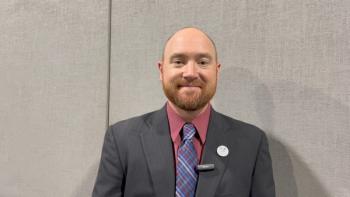
Nate Lighthizer, OD, FAAO, discusses laser therapy and how attendees at Southeastern Educational Congress of Optometry (SECO) 2025 got hands-on experience at the conference.

The effectiveness of laser peripheral iridotomy (LPI) in managing angle closure glaucoma is uncertain, with studies suggesting that phacoemulsification may provide better intraocular pressure control and long-term outcomes, as discussed at the Southeastern Congress of Optometry 2025.
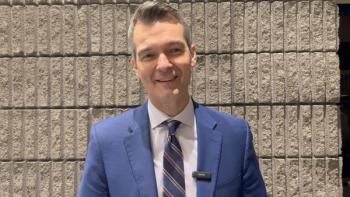
Mile Brujic, OD, FAAO, discusses his new research being presented at the Southeastern Educational Congress of Optometry 2025 meeting concerning dry eye treatment.

259 Prospect Plains Rd, Bldg H
Cranbury, NJ 08512
© 2025 MJH Life Sciences®
All rights reserved.
